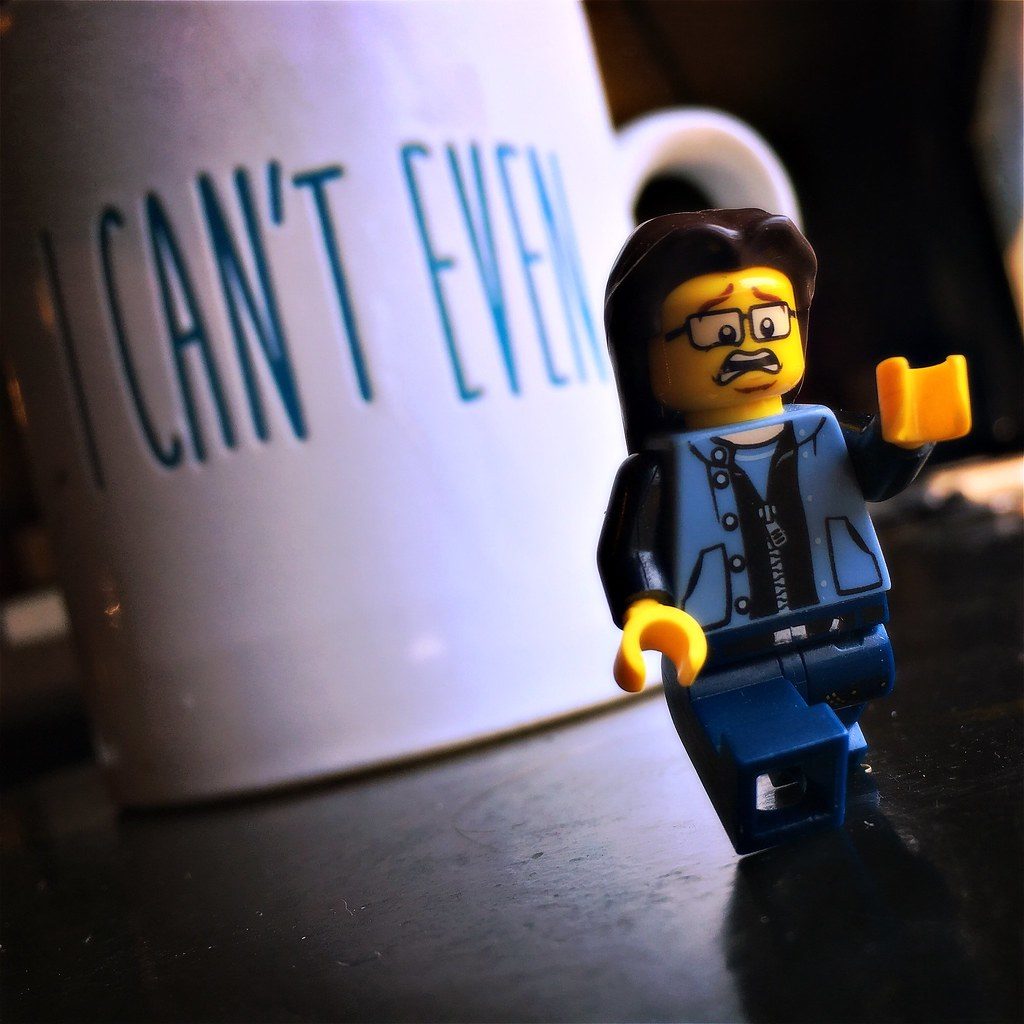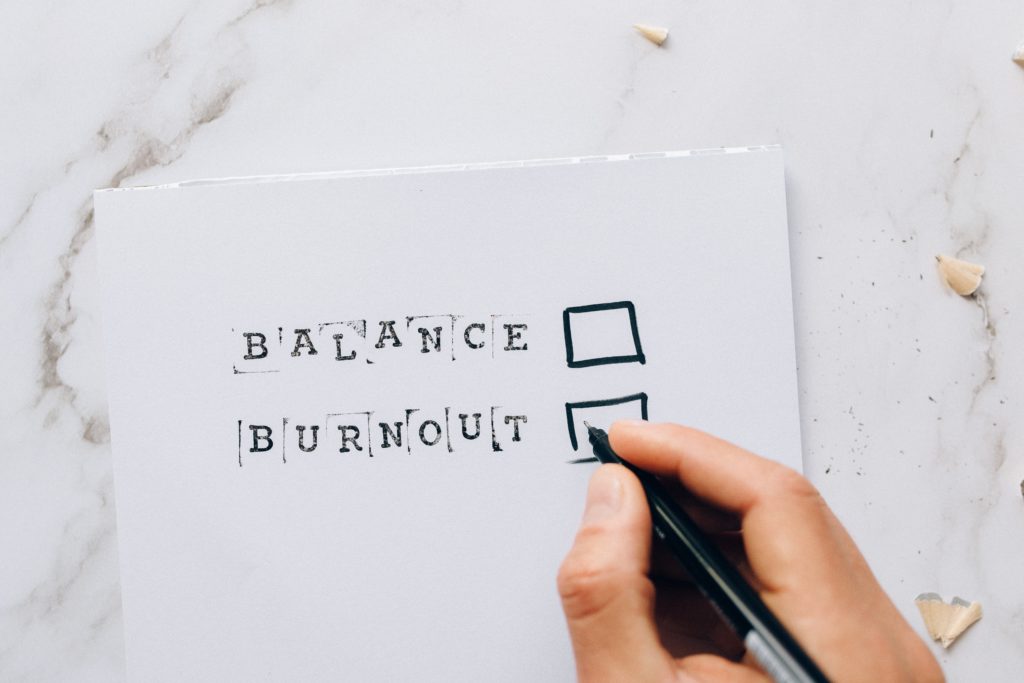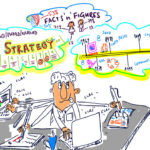
Heed these flashing red signals before it’s too late.
By Yvonne Milosevic
Know anyone who likes to humble brag about their 80-hour workweek or how they get by just fine on four hours of sleep a night? Is that someone you? We can’t all be hardcore, Elon Musk-level enmeshed with our careers. Nor should we. At least, not if we aspire to have friendships, romantic partners, children, or a baseline of moderate physical health. The stress of running at a constant 110% can take a disastrous toll on our bodies and personal lives. But how do you know if you’re a workaholic headed toward full-blown burnout?
Executive coach Rebecca Zucker offered this checklist in Harvard Business Review to help you determine if you’re pushing yourself too hard at work. Read through the early warning signs of burnout and see if it’s time you made some changes before an intervention is in order.

Red Flag #1 You can’t stand taking time off
Do you often work at home in the evenings and on weekends and rarely take time off to unplug? That’s a glaring signal that you’re burning the candle from both ends, Zucker said. According to research from the U.S. Travel Association, Oxford Economics, and Ipsos, 55% of workers reported that they don’t use all their vacation days. U.S. workers left 768 million unused vacation days on the table in 2018, up 9% from the previous year.
All of this points to America’s growing “vacation deprivation” problem, says the travel association. For 2020, the stats are especially stark since the pandemic caused many employees to leave most or all of their vacation days on the table. But don’t freak out if a two-week island vacay isn’t in the cards just yet.

Start taking baby steps now to combat the draining effects of being in constant work mode. Zucker also advised carving out personal time in the evening and using the weekend to recharge. Even the occasional day off can help restore your energy and keep burnout at bay.
Red Flag #2 You often put personal relationships on the back burner
For many early-career professionals, work is the number one priority. But having a laser focus only on your professional growth puts your close relationships in jeopardy. In a Korn Ferry survey of nearly 2,000 professionals, a whopping 76% of respondents said work stress had hurt their relationships.
“If you are not taking time outside of work to connect socially with others and have become increasingly isolated, such that social invitations have dried up because others assume you are not available, chances are you are too focused on work.”
Now more than ever, not making adequate time to connect with the people in our lives can also wreak havoc on our health. Zucker highlighted research showing that a lack of social relationships has the same ill effect as smoking 15 cigarettes a day. Yikes.

Red Flag #3 Your career is your whole identity
This is a common problem, especially for people working in high-pressure industries. Any activity that absorbs your energy for most of your waking hours will become central to your identity, psychologist Janna Koretz explained in her article on work-life balance for HBR.
Not sure where you fall on the workaholic spectrum? Koretz suggested asking yourself the following questions.
- How much do you think about your job outside of the office?
- Is it challenging to have conversations that aren’t about work?
- How do you describe yourself, and how much of this description is tied up in your job, title, or company?
- If you couldn’t continue in your profession, how distressing would that feel?
Zucker noted that “Sometimes, it takes a big life event, like the birth of a child or the death of a colleague or loved one, to shake someone out of this restricted perspective.” But don’t wait for a monumental trigger like one of those to broaden your self-image.

Reconnect with people and interests outside of work. Once you make more time for the non-work you, you’ll create a more well-adjusted identity that also considers your value as a friend, partner, parent, etc.
If you see yourself in these red flag warnings, stop pushing yourself so hard! By acting with intention to bring balance into your life, you can avoid workaholic burnout and its serious physical, mental, and emotional toll.


